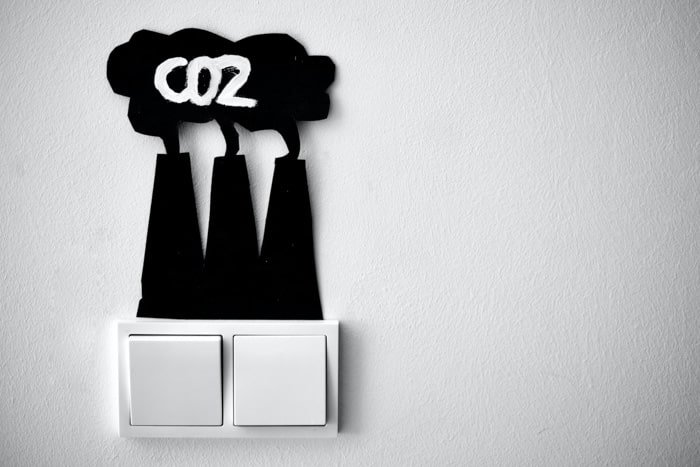Prices for carbon offsets in the voluntary carbon market had one of the worst days in their short history.
- Nature Based Offsets (N-GEO) down over 20%.
- Aviation (CORSIA Credits) down 8%.
- Tech-Based Offsets down 22%.
After enjoying record-breaking carbon prices earlier in the year, liquidity is drying up in the carbon sector.
Vanguard, which oversees $7.1 Trillion in assets, also announced that they pulled out of the Net Zero Asset Managers Initiative (NZAMI).
NZAMI had 3 major goals with its initiative:
- Work in partnership with asset owner clients on decarbonization goals. That’s consistent with an ambition to reach net zero emissions by 2050 or sooner across all assets under management (‘AUM’).
- Set an interim target for the proportion of assets in line with reaching net zero emissions by 2050 or sooner.
- Review our interim target at least every five years. Plus, a view to ratcheting up the proportion of AUM covered until 100% of assets are included.
In a statement, Vanguard said:
“We have decided to withdraw from NZAM so that we can provide the clarity our investors desire about the role of index funds… And about how we think about material risks, including climate-related risks—and to make clear that Vanguard speaks independently on matters of importance to our investors.”
Vanguard’s decision to walk out of the world’s largest climate-finance alliance marks the biggest defection to date. Earlier this year, pension firms and an investment consulting firm exited GFANZ.
After that, JPMorgan Chase & Co., Bank of America Corp. and Morgan Stanley were considering defection after Race to Zero, a UN-backed entity that underpins GFANZ, mandated members to “phase down and out unabated fossil fuels, including coal.”
Vanguard’s move was made after a “considerable period of review.” And that’s based on a desire to maintain the freedom not to restrict its investment options, they added.
Legal Risks of Failing to Meet Net Zero
Concerns on legal risks are justified because if firms fail to reach their net zero pledges, they could face serious consequences. That may be in the form of significant litigation costs, huge financial penalties, and negative publicity, according to legal advisors.
A founding partner of the NZAMI, VP of Ceres Investor Network commented on this saying:
“It is unfortunate that political pressure is impacting this crucial economic imperative and attempting to block companies from effectively managing risks — a crucial part of their fiduciary duty.”
It will be critical to see which companies follow Vanguard’s exit, or whether they maintain their commitments. And how that will further impact voluntary carbon market prices.

